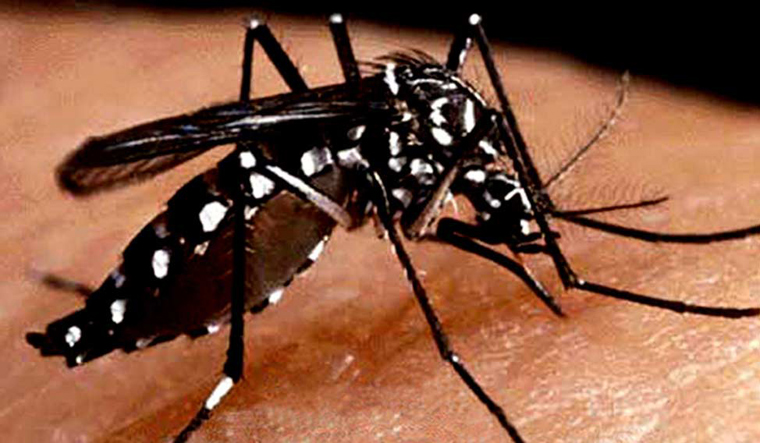Scientists have identified a potential drug target for multiple mosquito-transmitted viruses, such as dengue and Zika, shedding light on how these viruses manipulate host cells to enhance their own reproduction. The findings, recently published in the journal Cell Host and Microbe, hold significant promise for the development of new therapeutics to combat these infections, which currently lack effective treatments.
The research, led by Michaela Gack, Scientific Director of Cleveland Clinic's Florida Research & Innovation Center, marks a significant advancement in our understanding of mosquito-borne pathogens that pose a growing threat to global populations. Gack expressed optimism, stating that their innovative approach to studying viral pathogens and host enzymes could pave the way for effective preventive measures against future health risks.
Viruses, reliant on host cells for survival, lack the complete genetic toolkit necessary for their replication. Consequently, they infiltrate host cells to exploit them as factories for their own reproduction. For instance, the Zika virus commandeers various proteins within the host cell to facilitate efficient replication.
One crucial mechanism in this process involves human enzymes that "tag" proteins with additional molecules to enable proper functionality. In the absence of certain molecules required for its reproduction, the Zika virus has adapted by utilizing a human enzyme called KAT5?. This enzyme, an acetyltransferase, aids in amplifying the virus's RNA genome within viral replication complexes.
The pivotal role of KAT5? in virus replication has been unveiled through this research, marking the initial step in devising inhibitory molecules aimed at curbing viral replication and treating infections. Unlike viruses, human proteins evolve at a slower pace, rendering them less prone to rapid mutations that could lead to antiviral drug resistance. Cindy Chiang, the study's second author, emphasized that targeting the host's KAT5? protein offers a more durable and effective approach to combating these viruses over time.
Importantly, the study suggests that the development of drugs targeting the human KAT5? enzyme could potentially tackle not only the Zika virus but also a range of other mosquito-transmitted flaviviruses. This breakthrough paves the way for innovative therapeutic interventions against these persistent and evolving health threats.


